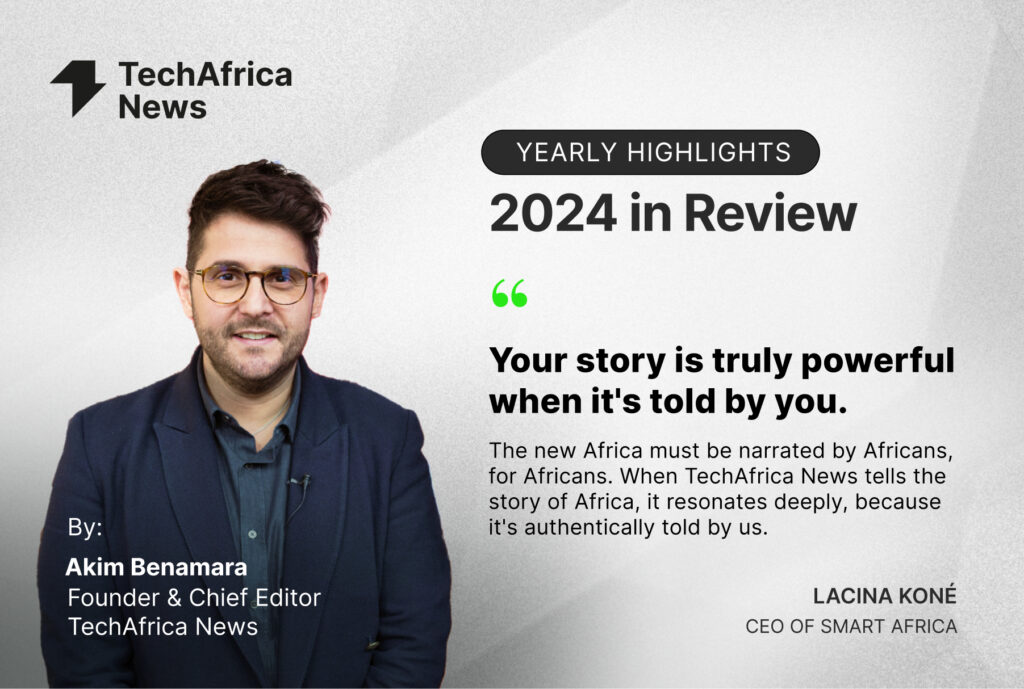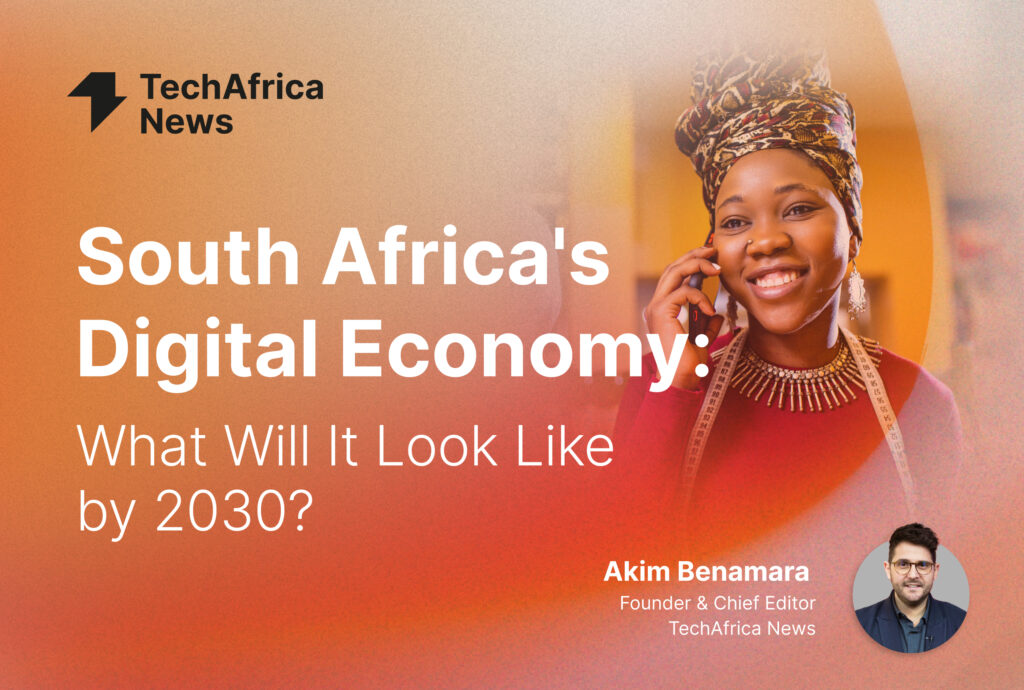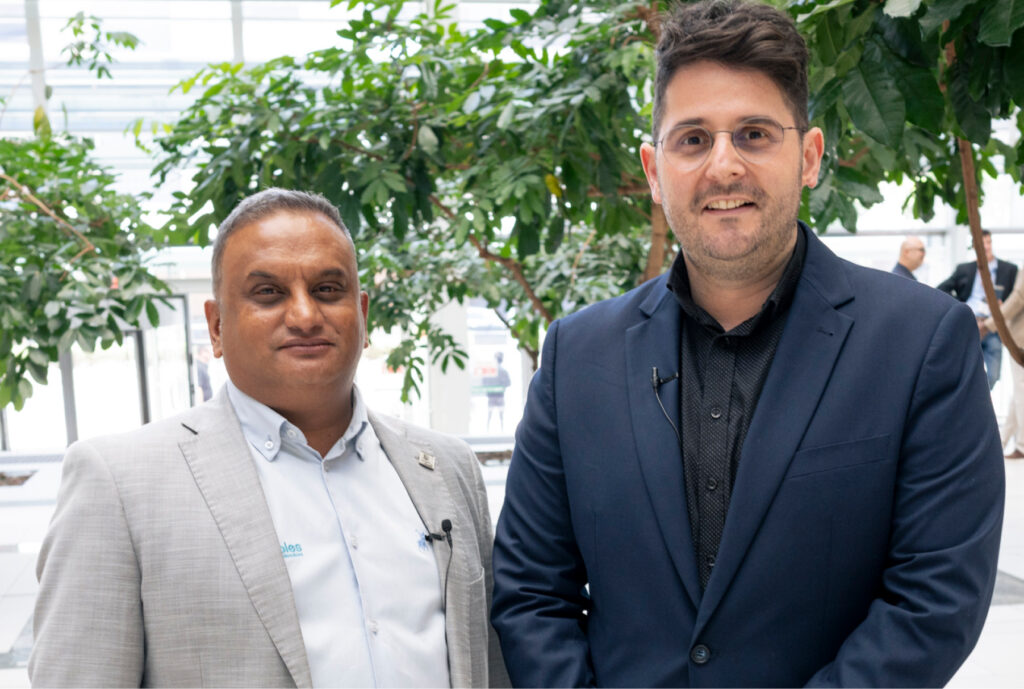The Need to Build Trust in E-Commerce in Nigeria

DPO Group has released an article on the role of the finance industry to help build trust in E-Commerce in Nigeria.
Fear of fraud is hindering the uptake of e-commerce in Nigeria, slowing the growth of business and entrepreneurship in the country. Some industry players believe a concerted effort to build trust in the sector is required if the country’s true digital potential is to be realized.
With Nigeria having the largest population in Africa and one of the youngest populations globally, the immediacy and convenience of online retail makes it appealing to this enormous potential market. And, while seven percent of all purchases made in Nigeria in 2021 were made online, local experts believe this could be significantly higher.
Unfortunately, fraud is a large, complex, and often organized problem in Nigeria, costing the local economy hundreds of millions of US dollars each year. This is hurting the growth of a promising e-commerce sector because players across the ecosystem are nervous about losing money – merchants because of the chargebacks they face, and shoppers are worried about sharing their card details in case they have their accounts compromised.
Henry Olawale Owolabi, Country Manager, DPO Pay
According to a 2021 fraud report from the NIBSS, the incidents of overall fraud attempts in Nigeria between 2019 to 2020 increased by 187%, with web accounting for 47%, mobile 36%, ATM terminals 9%, and POS terminals 7%.
It’s not just the volume of attacks that have increased, but also the type; in March 2023 the Nigeria Deposit Insurance Corporation (NDIC) warned that fraudsters are getting more creative, requiring extra vigilance from the Nigerian public.
Nigerians are facing multi-dimensional fraud such as social engineering including phishing, smishing and vishing; authorized push payment fraud, or impersonation; identity theft; account takeover and mobile sim swap fraud; chargeback fraud; and even internal collusion.
Merchants, on the other hand, are struggling with identity theft, chargeback fraud and man-in-the middle attacks.
Adelola Agbebiyi, Managing Director, Network International – Nigeria
The result of the rise in fraud is a population that has become wary of shopping online and Owolabi says his company has found that around 60 percent of users would rather opt for pay-on-delivery options than share their card details when using online payment options.
This loss of confidence in the payment systems impacts e-commerce growth. Users are missing out on a low-friction customer experience because of the far-reaching security and control options deployed in order to safeguard customers. Online sales can still take place but they are happening in a less than optimal environment. E-commerce is seen as high risk by shoppers, impacting sales, and new merchants are wary of entering the market, cutting off earning potential for young entrepreneurs.
Henry Olawale Owolabi, Country Manager, DPO Pay
Owolabi says a big part of the solution lies in building trust throughout the entire e-commerce ecosystem.
The work already done by the industry players such as banks, merchants and payment service providers is helping educate customers on risks and how to avoid them. This should continue and could even increase. But it is also up to merchants to choose payment partners that have the long-term industry reputation, backed by the technical credentials, that they can trust to keep them and their customers safe. The travel and tourism industry is one sector that has largely succeeded in this regard.
Henry Olawale Owolabi, Country Manager, DPO Pay
In return, Agbebiyi says payment service providers (PSPs) and their technology partners must ensure that they do everything they can to keep merchants and shoppers safe. This includes employing real-time risk monitors, specialist risk teams, smart pattern identification, real-time payment confirmation and around the clock fraud monitoring.
For instance, DPO Pay, powered by Network International, will also be looking at technologies such as machine learning and AI, as well as the learnings from preventing fraud at more than 9,000 banks across the globe, to help keep Nigerian merchants safe.
Part of ensuring trust lies in being able to keep your own company free from breaches. Because we don’t have to rely on any third parties, we know that any attempted hack in the middle of the night can be dealt with immediately by a team that understands our platform better than anyone else. Building a trusted e-commerce environment could have a real and lasting impact on Nigeria, and that starts with making good decisions. From customers empowering themselves with the latest fraud information, to merchants choosing to work with PSPs that deploy the most advanced technology and support. We must all play our part.
Henry Olawale Owolabi, Country Manager, DPO Pay






